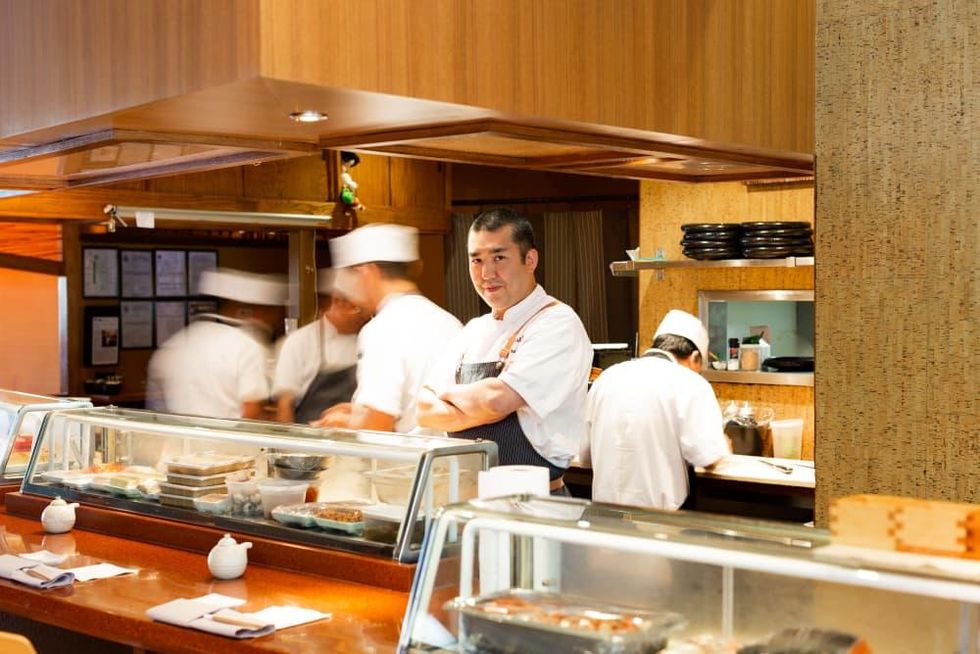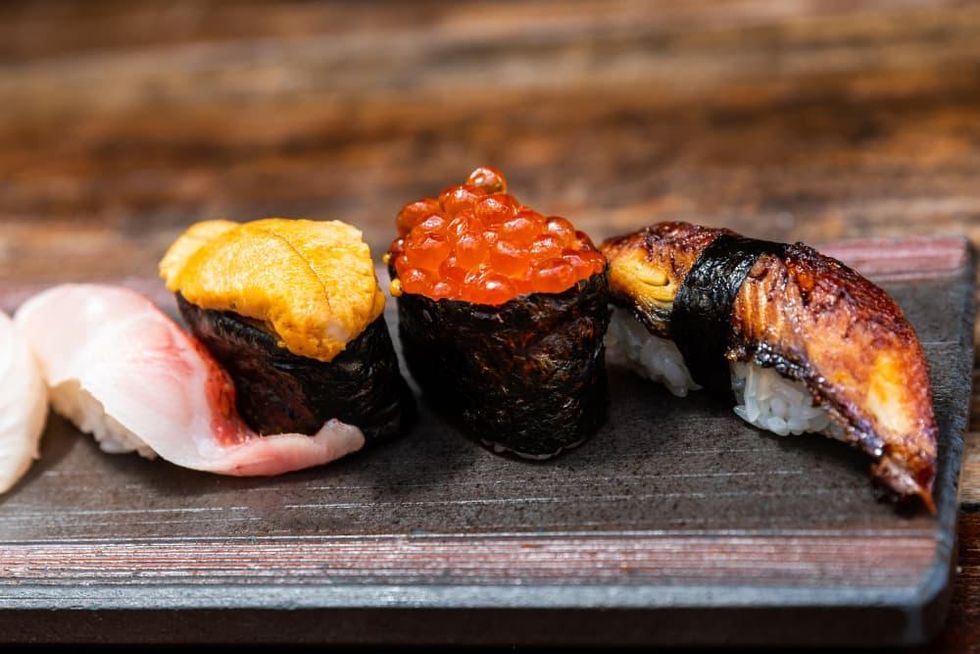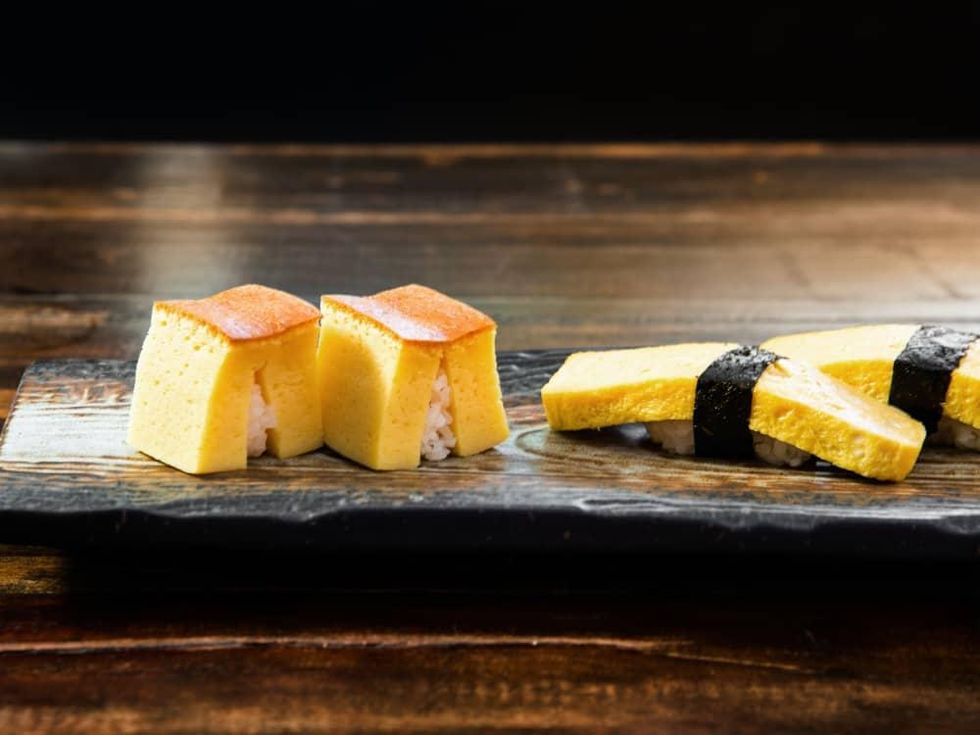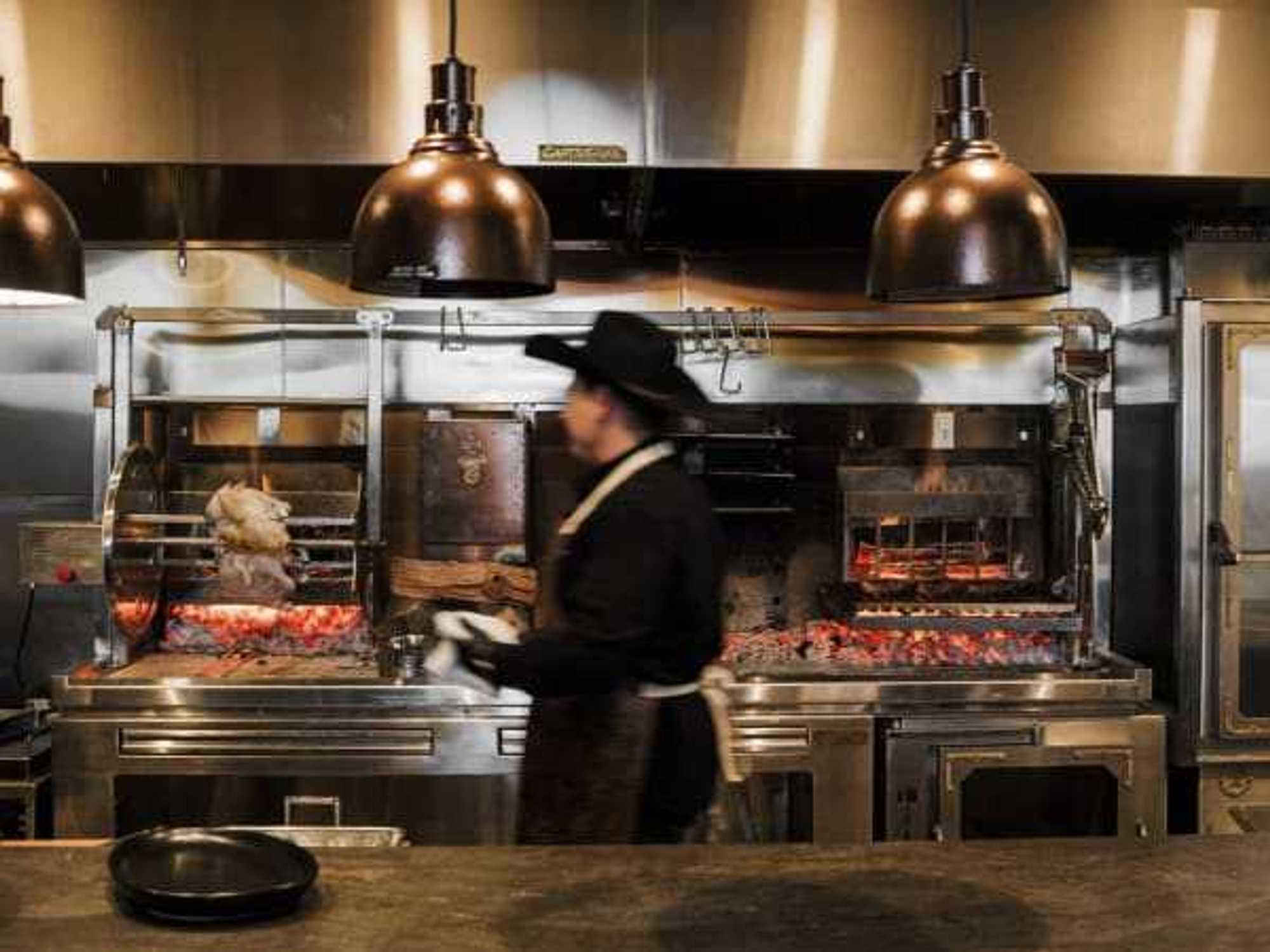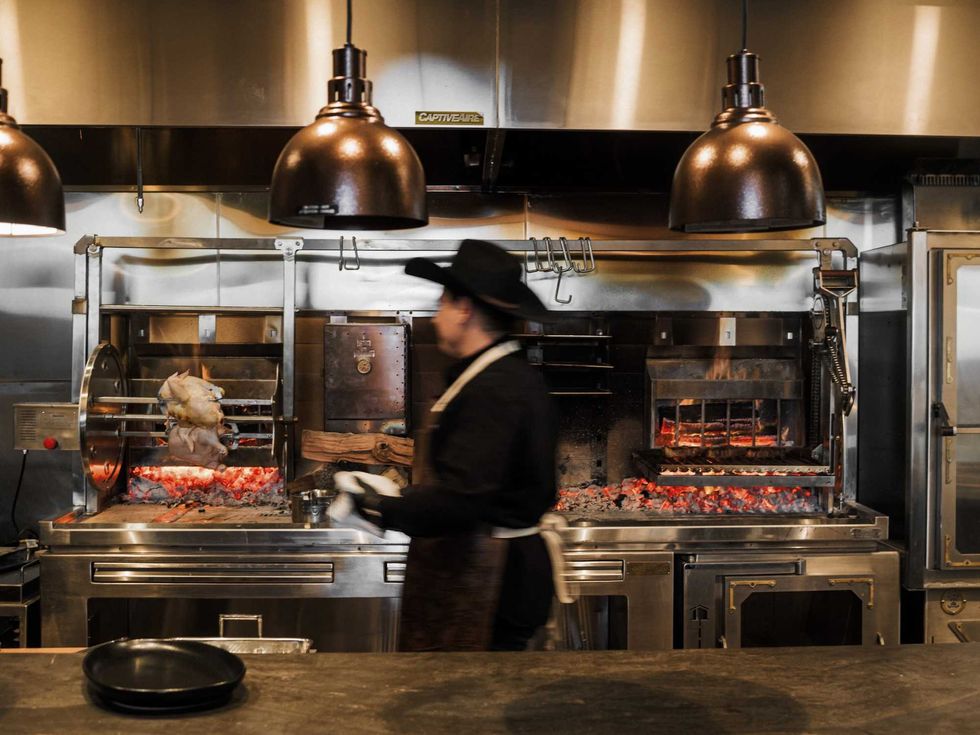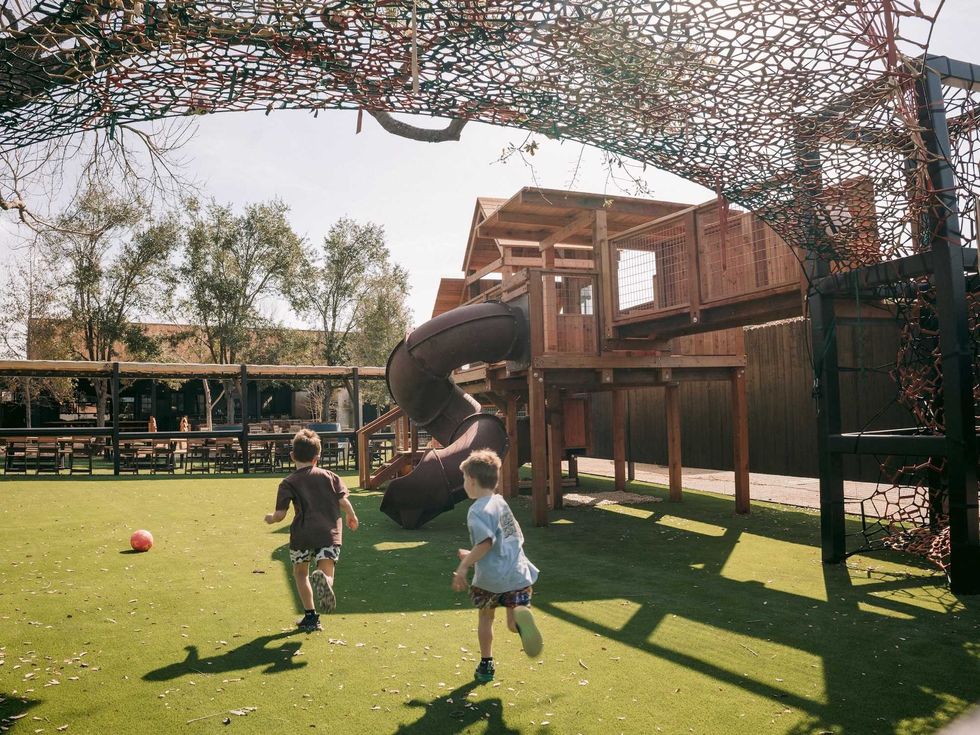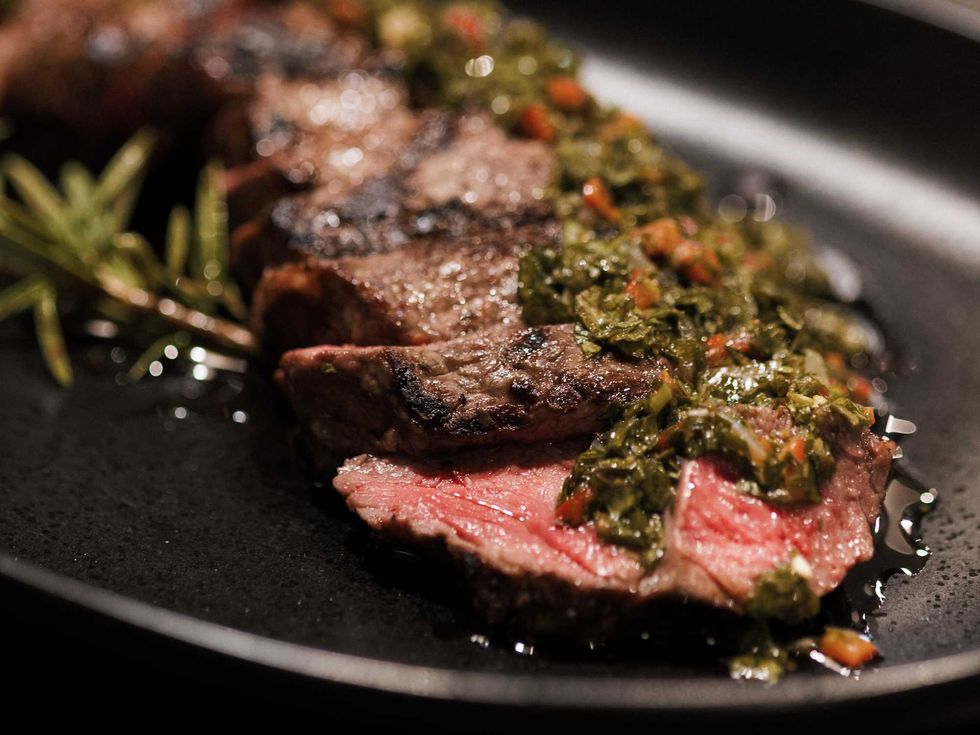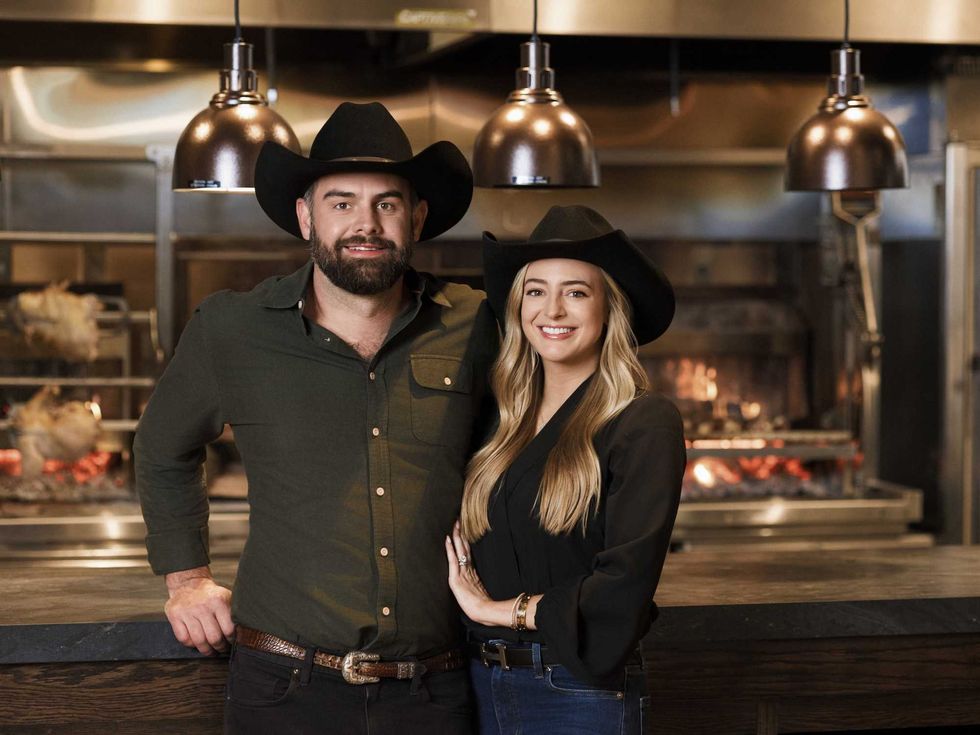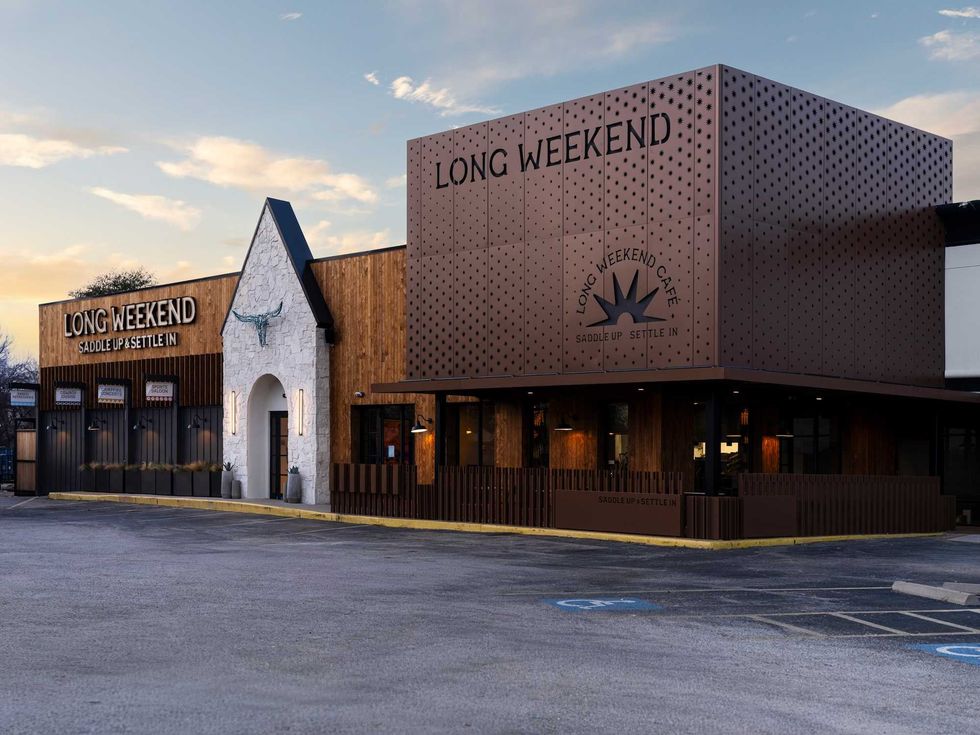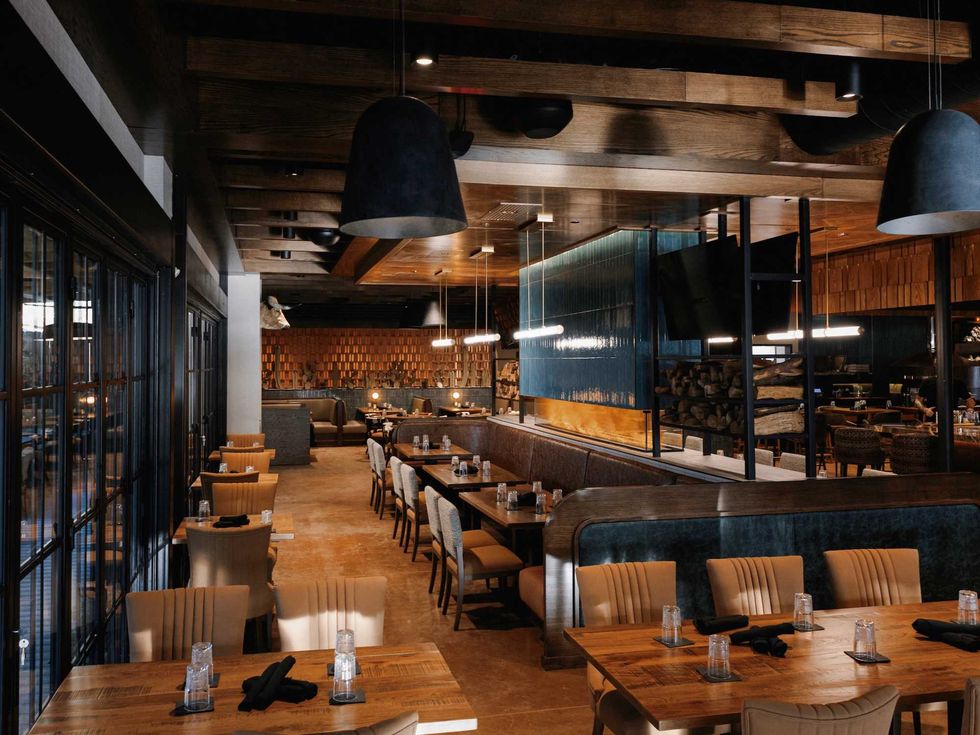The CultureMap Interview
10 questions for 10 years: Kata Robata chef looks back at Houston's best sushi restaurant
Perhaps no chef in Houston has had a better 2019 than Manabu Horiuchi. Better known as Hori-san, the executive chef of Kata Robata earned chef of the year in the CultureMap Tastemaker Awards, and his restaurant celebrated its 10th anniversary with its reputation firmly established as one of the city’s top dining destinations, including being ranked eighth in CultureMap’s list of Houston’s Top 100 restaurants.
Therefore, the time seemed ripe to catch up with the chef about his path from Japan to Houston, the evolution of Kata Robata, his affection for karaoke, and more. For a man who’s known for his calm demeanor in the kitchen, he certainly had a lot to say.
CultureMap: How did you become interested in being a chef?
Manabu Horiuchi: When I was six or seven years old, I started cooking with my mom. My mom was not a professional chef, but she was a chef for a retirement center. She makes great food for my family.
She showed me her tamago, a Japanese egg omelet. She taught me two or three times, then I made it. Kata Robata’s egg omelet is still my mom’s recipe.
CM: When did you start making sushi?
MH: After graduating from culinary school, I moved to Tokyo. I started to work at a sushi restaurant called Sushiko Honten. That’s a very old school, used to be the number one sushi restaurant in Tokyo, before Jiro was famous.
It takes a long time to become a sushi chef. First year, it’s dishwasher and also just cleaning the restaurant: wipe the chairs, wipe the floors, wipe the tables. Maybe cut the vegetables for the sashimi.
CM: How long were you there before they let you cut fish?
MH: I think it was about 15 or 16 months. I was pretty fast. Some chefs take two years. It depends on a chef’s skill.
My boss was the judge. He said, you cut the vegetables perfectly. Let’s go to the next level, cutting fish.
CM: You spent two years working as a private chef for the Consul-General before starting to work at Kubo’s. Why did you choose to stay in America instead of going back to Japan?
MH: The U.S. has a lot of [opportunity]. In Japan, it takes 20 years to become a head chef. In the U.S., it’s pretty fast, maybe five or six years. Also, in Japan, people care about a person’s age. They don’t respect someone who’s 25 or 30. They respect someone who’s 40 or 50 years old.
In this country, people are very fair. If the food is good, [they say] ‘that’s a great chef.’ It’s very fair. Doesn’t matter if someone is female or male. I thought I had a big chance.
CM: Why did you decide to leave Kubo’s to work at Kata Robata?
MH: It was something different. I was kind of tired of making traditional Japanese food. If wanted to do that, I would’ve gone back to Japan.
CM: What is dish that you can serve now that people know you and trust you?
MH: We sell shu mai. That’s not a Japanese food. It’s Chinese. When I started, if I had made Chinese food, people [would say] ‘oh, this is not a Chinese restaurant. You should not make Chinese food.’ Now, we have shu mai, people say, ‘it’s good, amazing.’ Ten years ago, I couldn’t make that style. Now, customers appreciate something out of the box.
CM: What have you learned from working with sous chefs like Seth Siegel-Gardner?
MH: He showed me a lot of different techniques, more European-style, that he learned from places like The Fat Duck. I learned sous vide; 10 years ago, nobody did that. We started that with Seth: liquid nitrogen, making sauces with dehydrated [ingredients]. He showed me lots of techniques.
The gyoza with kimchi powder, we still make the same thing. Seth came after he closed The Pass & Provisions. He was still sad about it. He sat at the counter, and I made the gyoza for him. [I said], ‘Seth, eight years, still the same.’ He said, ‘long time no see, my friend.’
CM: What would you like to see this restaurant grow and change?
MH: I need to learn more. In Houston, there’s a new generation of chefs, like Felipe Riccio, Nick Wong. They learn techniques from Europe and New York and come to Houston. I don’t want to be stagnant.
CM: Where are you eating now that inspires you?
MH: Definitely, UB Preserv is interesting. Felipe Riccio [Rosie Cannonball], his food is very light; it’s not too heavy. Houston food used to be very heavy, but he’s changing that. Maybe after four or five years, I feel like he’ll be one of the top chefs in Houston.
Luis Roger, at MAD, he’s doing things directly from Spain. I went there [recently]. I’m still full. I had brioche with foie gras, baby eel, the food was amazing.
CM: I understand you like to sing karaoke. What’s your song?
MH: The Beatles, ‘Yellow Submarine.’ I like to sing a song that’s fun.
Iron Chef Morimoto came to Houston and ate at this restaurant. He enjoyed the food here. After, he asked me, let’s go to karaoke with your staff. This was four years ago. Our staff, almost half of the staff, went to Genji’s with chef Morimoto. We did karaoke in a private room.
Chef Morimoto was standing on a chair, singing without a mic. I was singing Yellow Submarine, and chef Morimoto was super upset. [He said], ‘you’re Japanese. You should not be singing that song.’ [I said], ‘sorry, chef.’ It was funny.
After that, I tried to learn more Japanese songs, because of what chef Morimoto said.
---
Portions of this interview have been edited for length and clarity.
